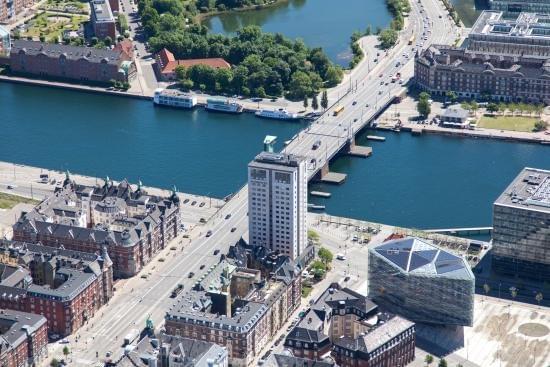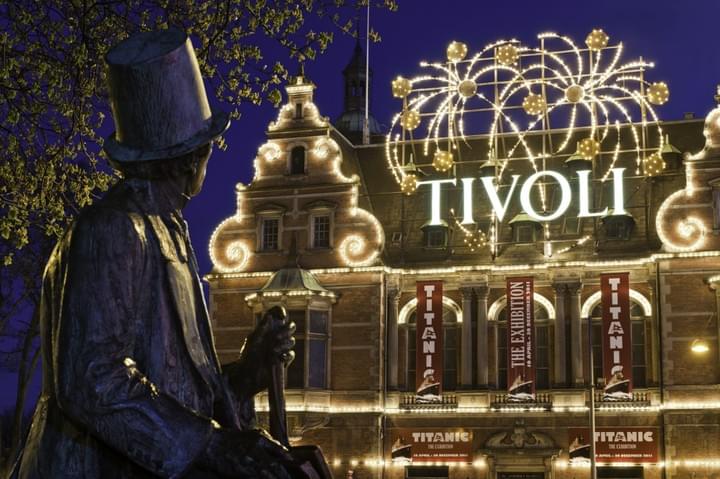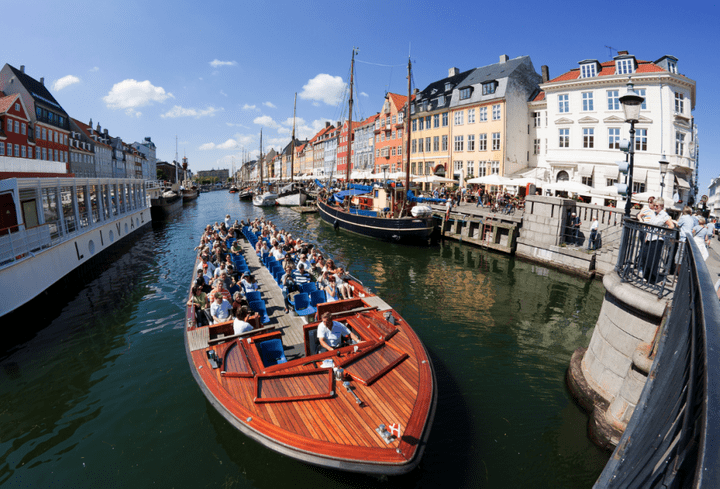



- …



- …

DENMARK
Sustainable Scandinavia
DENMARK
Sustainable Scandinavia
About
Visiting Denmark offers a unique educational experience centered on sustainability, providing valuable insights into one of the world’s greenest and most eco-conscious societies. Denmark consistently ranks as a leader in sustainable development, with a focus on renewable energy, waste reduction, and sustainable urban planning. BCA student's will explore Copenhagen’s pioneering green architecture, such as energy-efficient buildings and innovative public transportation systems, like its extensive cycling infrastructure and carbon-neutral metro. Additionally, BCA will be spending a most of its time on Samsø Island learning about it being a global model for renewable energy, running almost entirely on wind, solar, and biomass power.
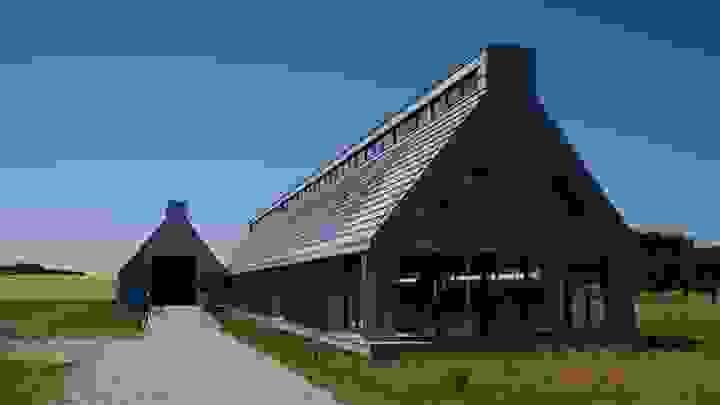
Samso: An island community off of Aarhus pointing to the future
Denmark’s municipality of the island of Samsø has completely transformed its energy system from fossil fuels to renewable energy, becoming the world’s first renewable energy island. Key results that have been achieved include: becoming carbon negative; 100% local ownership of renewable energy investments; and significant socio-economic benefits from the energy transition.
The Energy Academy on Samsø opened in 2007 and is built by local craftsmen. The house is a demonstration and meeting place for local citizens, guests and visitors with an interest in sustainable energy, community power and sustainable development. The Academy is also an organization working on many different projects related to the continuous development of Samso and on Samso becoming a fossil free island by 2030.
BCA students will be taking part in engaging discussions, interactive demonstrations, and guided tours of the island’s wind turbines, solar farms, and district heating systems.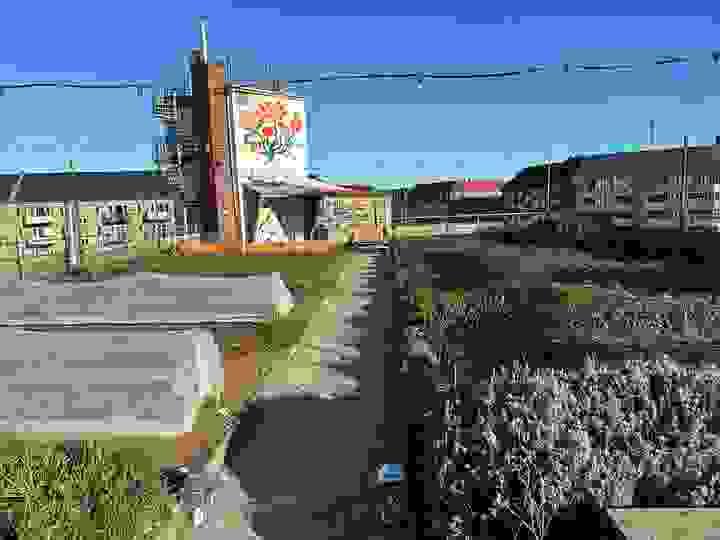
Sustainable practices in an urban enviorment
Copenhagen is a global model of sustainable urban living, integrating eco-friendly practices into nearly every aspect of city life. Copenhagen has been very active in its efforts to become a model of urban sustainability, with concrete plans since 2009 to go carbon neutral by 2025 via clean energy, efficient design, and green infrastructure. However, not all pieces fell into place (notably emissions capture at key facilities), and the full neutral target is now expected sometime between 2026–2028. This commitment to green mobility not only lowers the city's carbon footprint but also improves air quality, making Copenhagen one of the cleanest and healthiest cities in Europe.
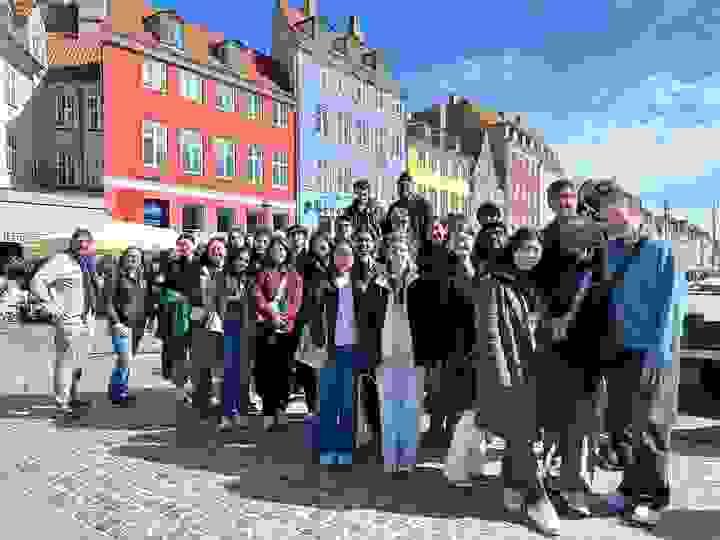
Cultural Experiences
BCA students will be spending lot of time in Copenhagen visting all the major sites (New Harbor - the 17th-century port in Copenhagen, Rosenborg Palace and Tivoli Gardens). Visiting Copenhagen is an incredible cultural experience because the city blends history, innovation, and everyday Danish life in a unique way. From its medieval streets and royal palaces to its cutting-edge design, architecture, and cycling culture, Copenhagen offers a balance of old-world charm and modern creativity.
Logistics

Accommodations-TBD

Dining
Breakfast will be in our accommodations, lunch will be on the run or in markets, and dinners will be at some of the Denmark's most exciting restaurants or an evening out at Tivoli Gardens.

Transportation
After our non-stop flight to Copenhagen, we will be using the Canal boats and a Charter bus as our primary means of transportation during the trip. There will also be extensive walking and students can expect to walk around 5 miles per day.
Essential Information
Dates
May 8-15, 2026
Program Leader
Mr. Mark Tronicke, martro@bergen.org
Required Qualifications
- Junior or Senior meeting BCA Global Studies Initial Eligibility
- Demonstrated interest in sustainability practices
Desired Qualifications
- Enrolled in IB Environmental Systems and Societies
- Play an active role in a club or organization that focuses on sustainable practices and climate science
Program Size
24 students, 3 staff
Special Considerations



